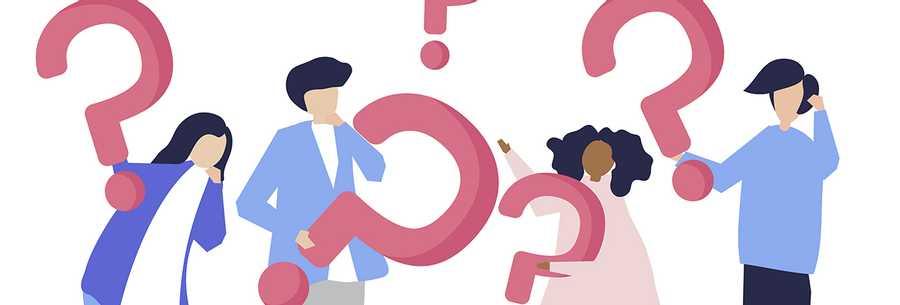Perceptual curiosity
The curiosity we feel when something surprises us or when something doesn’t quite agree with what we know or think we know.
That is felt as an unpleasant state, as an adversity state. It’s a bit like an itch that we need to scratch. That’s why we try to find out the information in order to relieve that type of curiosity.
133
578 reads
CURATED FROM
IDEAS CURATED BY
The idea is part of this collection:
Learn more about problemsolving with this collection
How to network effectively
How to read body language
How to find common ground with others
Related collections
Similar ideas to Perceptual curiosity
Perceptual curiosity
That’s the curiosity we feel when something surprises us or when something doesn’t quite agree with what we know or think we know.
- That is felt as an unpleasant state, as an adversity state.
- It’s a bit like an itch that we nee...
Curiosity: evolution of the concept
Curiosity was first pictures as an unpleasant state that we were motivated to decrease.
In 1994, George Loewenstein offered a more modern take in his information-gap theory. His theory stated that curiosity was driven from the gap between what you ...
Deprivation Curiosity
Deprivation Curiosity is when we have a gap in a certain type of information that makes us restless, and in an urgent need for the same. It is focused on the destination.
Example: We see an actor and cannot remember his name, and feel restless and anxious as t...
Read & Learn
20x Faster
without
deepstash
with
deepstash
with
deepstash
Personalized microlearning
—
100+ Learning Journeys
—
Access to 200,000+ ideas
—
Access to the mobile app
—
Unlimited idea saving
—
—
Unlimited history
—
—
Unlimited listening to ideas
—
—
Downloading & offline access
—
—
Supercharge your mind with one idea per day
Enter your email and spend 1 minute every day to learn something new.
I agree to receive email updates
